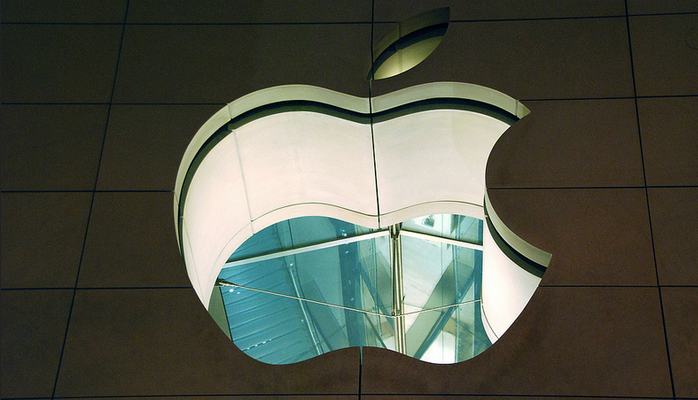Apple Asks Supreme Court To Hear Appeal Of E-Book Price-Fixing Case
Three months after a federal appeals court upheld a 2013 decision that found Apple liable for conspiring with publisher to raise the price of e-books, the company is taking the fight to clear its name to the country’s highest legal authority: the Supreme Court.
Apple’s move to ask the Supreme Court to review the case is just the latest chapter in seemingly never-ending, years-long legal battle that started when the company first launched the iPad and its iBook store in 2010.
According to a filing [PDF] Apple made with the Supreme Court on Wednesday, the company asked for a 30-day extension of time for filing formal submissions that would initiate the higher court’s review process.
In the filing the company claims the previous judgements conflict with the Supreme Court’s precedent regarding the liability of Apple’s conduct in the supposed price-fixing scheme.
“This case concerns the imposition of per se antitrust liability on the basis of vertical conduct that was geared toward a new market entry and the disruption of a competitor’s monopoly,” the filing states. “This case also presents issues of surpassing importance to the United State economy. Dynamic, disruptive entry into new or stagnant markets—the lifeblood of American economic growth—often requires the very type of vertical contracting and conduct” that the company engaged in.
For those unfamiliar with the case, here’s a bit of background: In 2012, the Dept. of Justice sued Apple and many of the nation’s largest book publishing companies for allegedly conspiring to set high prices on the e-book market.
Part of Apple’s argument before the federal appeals court in December 2014 was that it was just trying to snap the stranglehold Amazon had on the e-book market, but that apparently didn’t convince the court.
In a 2-1 ruling by the Second U.S. Circuit Court of Appeals in Manhattan [PDF] in June, the judges sided with the lower court’s decision to hold Apple to the November agreement with private plaintiffs and 33 states that joined the Justice Department’s 2012 lawsuit.
“We conclude that the district court correctly decided that Apple orchestrated a conspiracy among the publishers to raise e-book prices,” wrote Second Circuit Judge Debra Ann Livingston. The conspiracy “unreasonably restrained trade” in violation of the Sherman Act, the federal antitrust law, the judge wrote.
Prosecutors had argued that Apple and publishers had ganged up to fight Amazon’s aggressive discounts by agreeing to use an agency model of pricing, wherein the publisher sets the price of books and the retailer gets a cut. Under the agreement, if another retailer was selling an e-book for a lower price, the publisher would have to match that price in Apple’s store.
E-mails from Apple executives, including company co-founder Steve Jobs, were used against the iPhone maker in court to demonstrate that the goal of agency pricing was to increase what people paid for e-books.
“Throw in with Apple and see if we can all make a go of this to create a real mainstream e-books market at $12.99 and $14.99,” wrote Jobs in one message to News Corp, the parent company of HarperCollins.
The publishers had the leverage they’d need to fight Amazon with this new model, Justice Department lawyers said, and prices on many e-books increased immediately. Apple’s legal team had said the company didn’t realize it was leading the publishers’ charge against Amazon.
But the Second Circuit majority said evidence showed Apple knew exactly what it was doing.
“Apple understood that its proposed contracts were attractive to the publisher defendants only if they collectively shifted their relationships with Amazon to an agency model — which Apple knew would result in consumers facing higher e-book prices,” Judge Livingston wrote in a decision joined by Judge Raymond J. Lohier Jr.
Following that decision, Apple had the option to either pay a $450 million fine or ask the Supreme Court to hear the case.
At the time of the June order, Apple hinted that it might continue its battle: “While we want to put this behind us, the case is about principles and values,” the company said in a statement. “We know we did nothing wrong back in 2010 and are assessing next steps.”
On Wednesday, the company made its decision clear, noting in the filing that the “Court’s review of the [case] is essential.”
[via Fortune]
Want more consumer news? Visit our parent organization, Consumer Reports, for the latest on scams, recalls, and other consumer issues.


